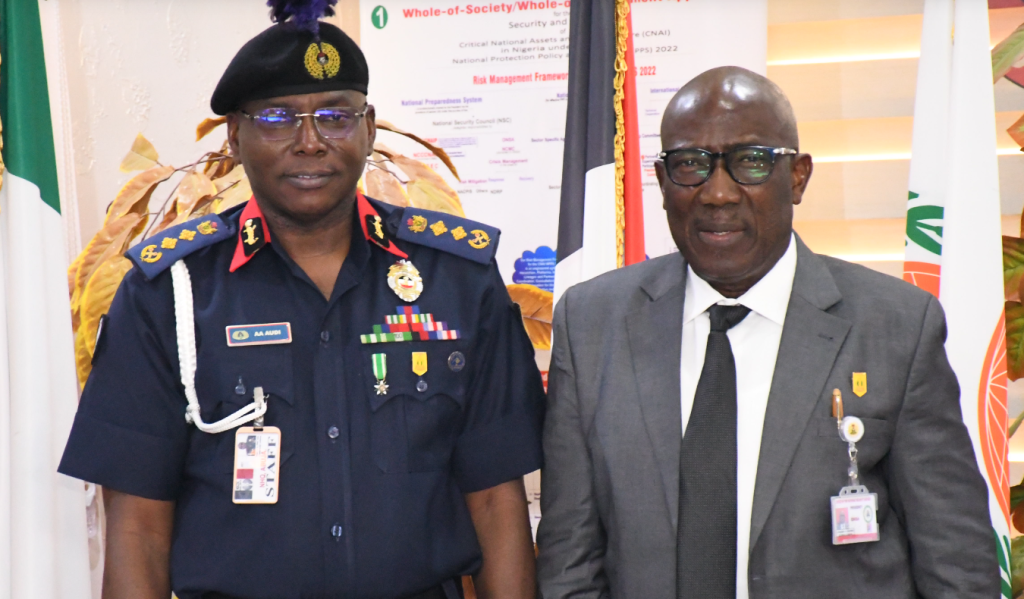
Fighting proliferation of arms in Nigeria
Nigeria faces a severe challenge with illegal arms, which has devastating consequences for its citizens and economy. The Global Terrorism Index ranks Nigeria as the eighth most terrorized country in 2024, while the United Nations Office on Drugs and Crime (UNODC) reports that Nigeria houses 70% of the 500 million small arms and light weapons in West Africa. This proliferation has led to widespread loss of life, property, and livelihoods, particularly in the North and South-East regions.
Against this backdrop, the recent signing of a bill by President Bola Tinubu to establish the National Centre for the Control of Small Arms and Light Weapons (NCCSALW) marks a crucial step in Nigeria’s fight against arms proliferation. This new center is expected to spearhead efforts to curb violence, killings, abductions, and other gun-related crimes, potentially steering the country towards peace and stability.
Reportedly, the NCCSALW has already shown promise, confiscating 544 firearms and 112,500 rounds of cartridges from 10 suspects in collaboration with Nigeria Customs and Excise. Additionally, it has retrieved 3,383 decommissioned, unserviceable, obsolete, and illicit weapons, along with 26,749 rounds of ammunition from government agencies. However, these efforts represent only a fraction of the illegal weapons circulating in the country.
To be effective, the NCCSALW must champion accountability and transparency in arms management. It should lead public destruction of illegal arms, similar to practices in Kenya. The center must also address the alarming issue of missing firearms from official arsenals, as highlighted in the 2019 Auditor-General’s report, which noted 178,459 missing firearms and ammunition from the Nigerian police armory.
Collaboration between the NCCSALW and other agencies like Customs, Immigration, police, and military is crucial. The center should provide strategic leadership while these agencies renew their commitment to combating arms proliferation.
Securing Nigeria’s borders, particularly the 1,700km shared with Niger and Chad, is paramount. While challenging, it’s not insurmountable, as evidenced by the effectively secured 3,145km US-Mexico border. Nigeria should invest heavily in technology, including drones and helicopters, to enhance border security.
Diplomatic efforts are equally important. The NCCSALW should initiate bilateral talks with neighboring countries to prevent the influx of arms and criminals. Similar discussions with Turkey and Lebanon, major sources of arms importation to Nigeria, could yield positive results, following the successful model used by NAFDAC to combat illegal drug importation.
The declaration of a state of emergency at Onne Port is a positive step, but it must be backed by strong political will and commitment. The government must prioritize the campaign against arms influx, recognizing that its success will significantly reduce crime rates and enhance national security.
The takeaway here is simple: The establishment of the NCCSALW represents a pivotal moment in Nigeria’s fight against illegal arms. Its success hinges on effective coordination, transparency, technological investment, and diplomatic engagement. If properly implemented and supported, this initiative could mark a turning point in Nigeria’s journey towards peace and stability.






